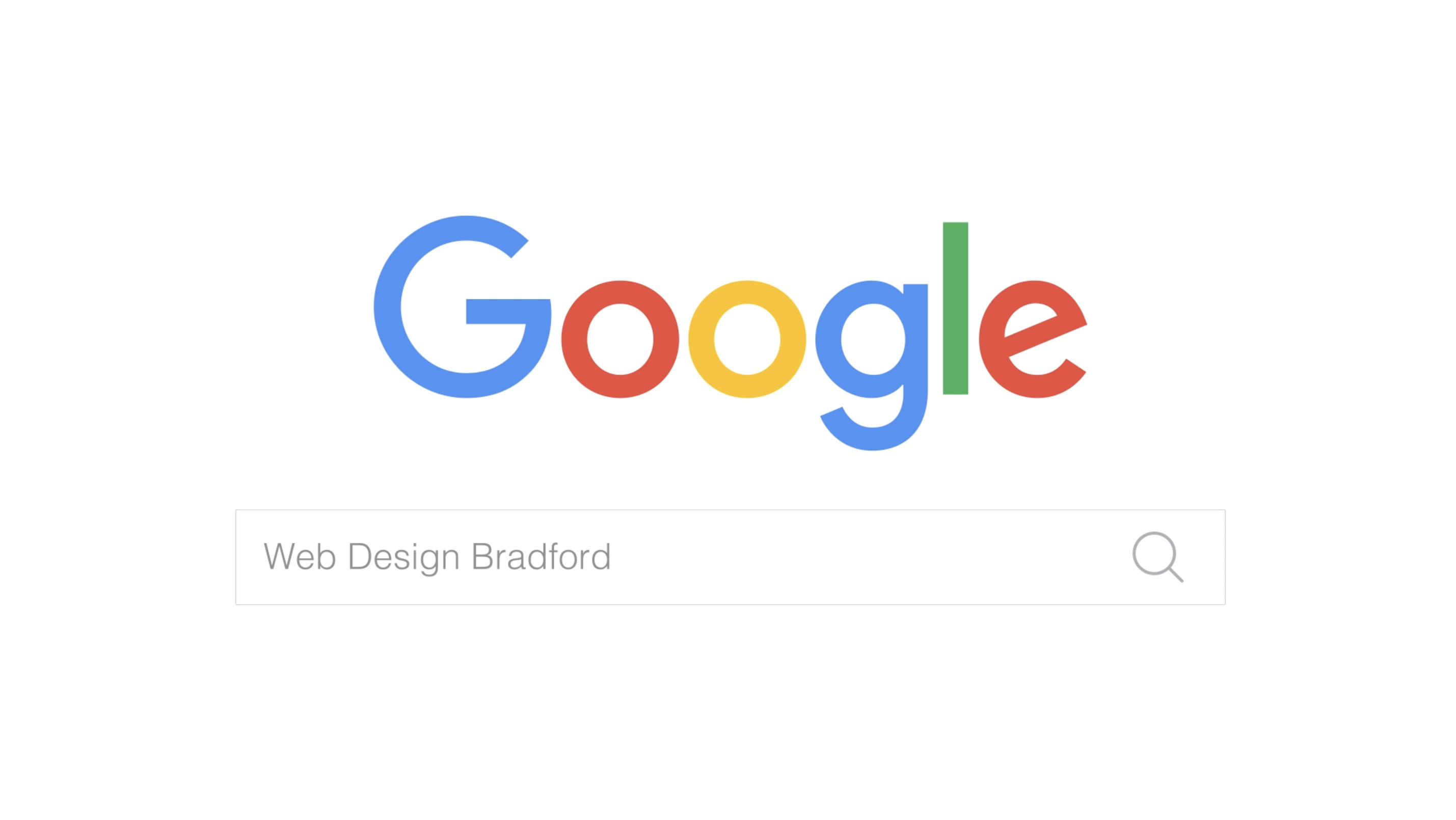We see businesses make a lot of mistakes when it comes to search engine optimisation (SEO) simply because they are not aware of what it involves. SEO is extremely important if you want to have a presence online. To the uninitiated SEO can be a confusing topic, but it needn’t be.
Here we outline 11 rookie mistakes that can kill your SEO efforts and how you can avoid them, so you can be found online, gain more customers and increase revenues for your business.
1. No SEO
The first mistake most business owners make is not having any SEO in the first place, and you’d be surprised by the number of small business owners out there who still don’t have an SEO strategy for their business. This can be due to many reasons such as lack of time, or expertise, or even understanding how SEO can affect their business.
SEO helps you get found online, if you don’t make any effort to implement SEO strategies in your business it can reduce your visibility online meaning you won’t get found by your customers.
If you’re not found online in today’s digital landscape, then you’re missing out on a lot of potential customers who would quite simply go to your competitors who are more visible online.
2. Not Doing Competitor Research
If you are not currently on the first page of search results, look at who your competitors are and analyse what they are doing. Learn from them and adapt your SEO accordingly so that you can compete and eventually surpass their rankings. Be careful not to copy them outright as some of their tactics might not be above-board.
Constant competitor research means you can always stay at the cutting edge of what is going on in your industry and adapt accordingly – the worst thing would be for your business to fall short of your competitors meaning your target market would have no reason to come to you for the same product or service.
3. Expecting Instant Results
You won’t get very far if you expect instant results from your SEO efforts, in fact with that mindset you’ll end up quitting way before you see any result. SEO takes time and should be a continuous part of your online marketing activity.
Search engines are always changing the rules to make the user search experience better, so staying on top of new developments and moving swiftly with the changes is something you’ll have to get used to if you want to win the SEO game.
Alternatively, you can outsource SEO to a reputable online marketing agency that can help you maintain it so you can concentrate on growing your business.
4. Not Keeping Up-To-Date With Algorithm Changes
Search engines won’t take a lack of knowledge as an excuse when they penalise your website for non-compliance, the onus is on you to keep up to date and adapt if you want to remain competitive and compliant.
Visit Google Webmaster Guidelines, Web Master Support, and the official Webmaster Blog to keep on top of developments in the Google search landscape. Each search engine will have its own update site or blog where they will release this information, so there’s no excuse not to comply.
5. Not Using Analytics
Analytics can help you see how your SEO efforts are going. You can’t optimise what you don’t measure so make sure you have analytics on your website. Google Analytics is a great solution for most small businesses.
Analytics can help you see the pages that are getting the most traffic, the traffic source and it can help you understand what terms people are using to get to your website; all information that you can use for on-going SEO.
You can also use it to check what effect your ‘on page’ SEO efforts are having on organic traffic; this is information you can use to further improve your SEO.
6. Not Having A Blog
Content should be a big part of your SEO strategy. Search engines love fresh, relevant content, which you can create and deliver through your blog.
Make sure the content includes keywords but be mindful that you are not only creating content for search engines but it is also relevant to your target market.
To make your content fully resonate with your audience and their issues, outline which part of the buyers journey each piece of content hits. The buyer’s journey is the steps your audience or target customer takes from not knowing you or even the fact that they have a problem
The buyer’s journey is the steps your audience or target customer takes from not knowing you (or knowing that they have a problem) to becoming aware of the problem and actively looking for solutions to then considering making a purchase to solve the problem.

7. Ignoring Local SEO
If you run a physical brick and mortar business you could be missing out if you ignore local search. Including keywords in your Metadata that will identify your physical location is essential for your business, in fact, it has been reported that local search can lead to 50% of mobile users to visit stores within a day.
This outlines exactly why local search is so important if you have a physical location based business. Setup a free Google My Business Page, so that when a user searches for your business, your details appear.
8. Targeting The Wrong Keywords
Keywords are important for your SEO efforts so make sure you research the keywords that are relevant to your target market. This should be the very first step as it dictates the rest of your SEO strategy. But how do you know what keywords to choose?
This is where tools such as Google Key Word planner, Keyword.io, and SEMRush can be used to find keywords, get ideas for more keywords and even see what keywords your competitors are using.
When curating keywords for SEO make sure they are words that your target market would use rather than you as a business. Every industry has their own jargon but these may not be the same words your audience uses to search for you.
Another important point is to use keywords that match user intent; does a user want to find information or make a purchase, as the keywords you choose for each would be very different.
9. Not Optimising Content
Content optimisation is a key part of any SEO strategy, as it is a big component to getting your site ranking well in Google. Search engines love fresh, relevant content so it’s important that you create high-quality, useful content for your target market.
Make sure that you are creating content that not only resonates with the pain or problem your target market may be having but also includes relevant keywords that they would use to search for that issue.
Outlining a content strategy for your business can help you see what content needs to be written and when. It also helps you stay consistent and allows you to optimise each piece of content to reach your SEO objectives.
10. Not Using ALT tags
Using ALT tags on your visual content allows search engines to understand the content and its relevance to your web page. It’s also an important usability factor as visually impaired users can read your web page through a screen reader.
If you have an image or video dense website then using ALT tags is essential so that search engines can understand your content and rank you accordingly. This is such a simple fix and we are always surprised to see how many businesses don’t have this on their website.
11. Being Inconsistent
As mentioned above consistency is the key to SEO. You can’t do SEO once and hope it will be fine for years to come. The web constantly changes so regularly attending to your website will allow you to identify problems before they become major issues.
SEO is not something that can be implemented overnight. It’s a process of many little things that add up to create a positive result for your business.
Get in touch, to speak to one of our SEO specialists and discuss how we can help you increase your online visibility.
We’ve created the Complete SEO Glossary to help you understand any jargon contained in this article.



